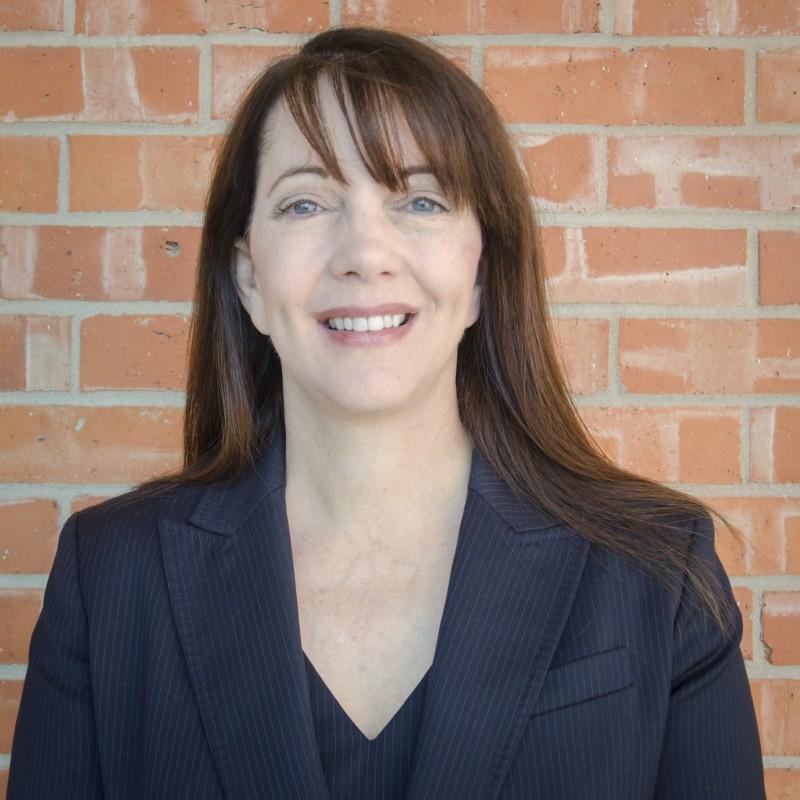The school of business has recently hired three new members, one for each of the three separate departments within the school. The new members are Alexander McLeod, visiting assistant professor of finance and decision sciences; Amy Holmes, assistant professor of accounting; and Yi Lui, visiting assistant professor of business administration.
“I think people tend to think business is one area of study. The departments were designated in such a way that the disciplines within a department have synergy,” said Linda Specht, chair of accounting. “Each department deals with very different disciplinary areas.”
The school of business is separated into three departments, each of which offers different focuses of study that required new members this school year. In the school of business and other departments across campus, the hiring of a new person for a tenured track position does not take place unless there has been a departure within the department. This means that the majority of new hires are temporary positions rather than long-term, with the understanding in some cases that these temporary hires could go on to become tenured positions. Alternatively, a person may be hired temporarily due to the individual’s personal constraints, rather than those of the university””for example,if an expert in the field has volunteered his or her time for a period but is not seeking to become a tenured professor.
“When a visiting professor is hired, the idea is that they should be people we think would make tenure-track faculty, but because we may not have seen the entire applicant pool and we have to be very careful with hiring, we place the person in the temporary category,” said Paige Fields, chair of finance and decision sciences.
The hiring process follows the same structure for both temporary and tenured positions. The department announces that a position is available and begins a long process of interviewing and hiring. If the department has enough notice, they will interview potential hires a year in advance, so someone interviewed one fall semester would begin serving the following fall.
Tenured positions require greater commitment by those serving in them, including service to the department and the university, advising students and scholarly productivity. The goals of temporary professors differ in that they have fewer service commitments, but they are otherwise expected to fulfill the expectations of the department in which they could one day become tenured professors. Since all three new members of the school of business are assistant and visiting assistant professors, they are all expected to fulfill these expectations. Were any of them adjunct faculty hires, their roles would differ, as they would be expected to teach a number of courses, but they are less frequently considered for tenure-track positions.
“A shorter-term appointment may be preferable to ensure we’ve seen a full pool of applicants,” said Charlene Davis, chair of business administration. “Other times the use of term appointments is because a curricular need exists that cannot be fulfilled with current faculty.”
While the department hires most new faculty in response to a departure, McLeod was hired under different circumstances. He served on campus as an adjunct professor last spring and applied for the position of a visiting assistant professor when the opening was announced. The department created the position in response to demand for a particularly popular class within the school of business. “Trinity [students] are exceptional,” McLeod said. “I was very surprised during the first day of classes when several students came to the classroom podium and introduced themselves to me.”







